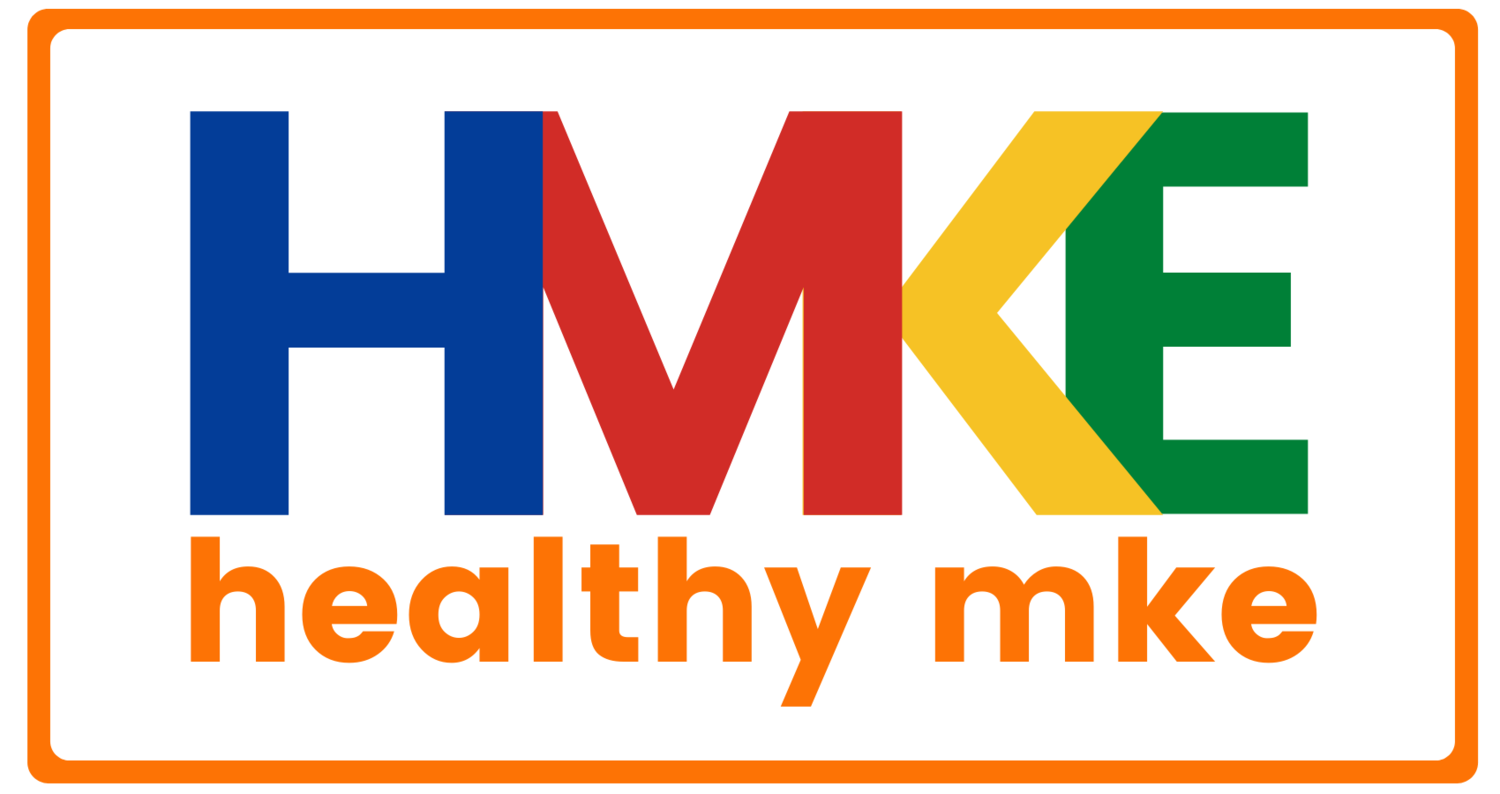
Connect to the health care you deserve.
Your health and wellbeing is impacted by many different factors, including where you live, work, and play. Another important factor to your health is the practice of preventive and regular health care with a health care provider who knows you and your health history.
Here are a few things to know as you think about getting connected to care:
-
A primary care provider is a doctor, nurse practitioner, or other health care professional who sees you regularly and knows your health history.
-
If you have a primary care provider that you trust and knows your health care history, you will get health care specific to your needs. The care will also be more affordable than urgent or emergency care.
-
Your primary care provider can help you with the following:
-Your yearly wellness exam
-When you feel sick or have an injury (non-emergency)
-Prescription management and refills
-Specialist referrals
-Test, exams, and visits
-General medical advice and follow-up -
If you have health insurance, you can call your insurance company or visit your health insurance website to find a primary care provider in your network. An in-network provider will be more affordable for you.
Ask people you trust to see if they recommend the primary care provider they go to. When you have a list of providers to look into, find out if they are in-network with your health insurance by calling your insurance company or search the provider’s name on your health insurance website.
If you do not have health insurance, use the Healthy MKE Saver Tool to get free, local help to sign up for a health insurance plan.
If you do not have health insurance, you can still find a provider at a community health center or a free clinic. Find a clinic near you to make your first appointment by CLICKING HERE.
-
If you have health insurance, have your insurance card with you to give to the check-in desk.
Write down any health-related questions you want to ask during your appointment. This list should include any physical, mental, and emotional health questions you have. You can practice asking your questions in a mirror or with a loved one to build confidence.
Be ready to provide information about your health history, including the following:
Any medical or surgical procedures you’ve had
Major illnesses and chronic conditions
Medications and supplements you are currently taking
Your family’s health history
If you have medications, know what pharmacy you want your provider to send your medications for you to pick-up
You may need to wait a little bit in the lobby or the exam room, when possible, bring a book or your phone to keep yourself entertained.
-
Doctor’s office:
Urgent care: Urgent care clinics treat people the same day. They usually take less time than the emergency room.
Emergency: You can go to the hospital emergency room if your urgent care clinic is closed. You may have to wait a long time to receive care.
-
Learn more about the financial support available at each health system here:
Ascension Wisconsin:
Click Here or call 1-877-304-6332
Aurora Health Care:
Click Here or call 1-800-326-2250
Children’s Wisconsin:
Click Here or Call 414-266-6262
The Froedtert and the Medical College of Wisconsin health network:
Click Here or Call 414-805-6206

